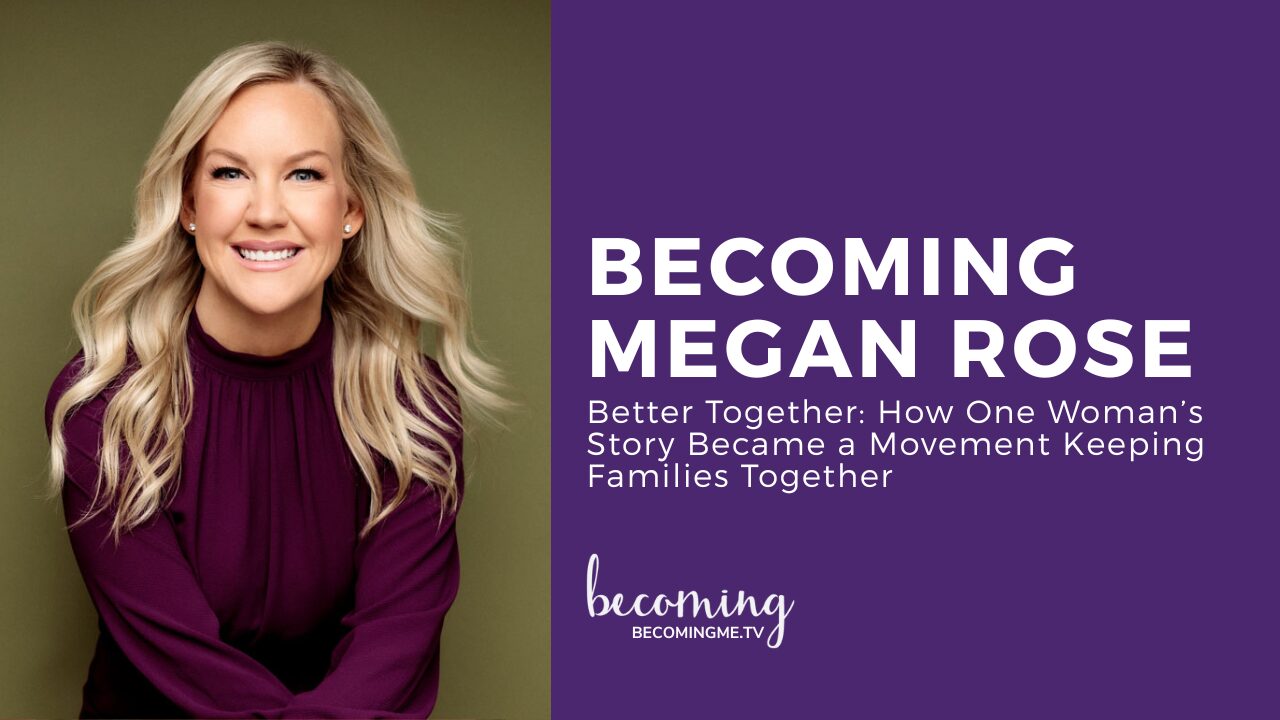I want to start by addressing the seriousness of the issues of anxiety, depression, and hopelessness. They aren’t issues with clear-cut, one-size fits all solutions. But there is healing, wholeness, and hope. The path to hope is one that is different for every person; however, through God’s Word, community, and counseling, it is possible. If you are struggling with any of these issues, don’t allow the negative stigmas of these words to keep you isolation. You are valued, you are seen, you are loved, and you are accepted. Find someone in your community you trust and know will lead you by the hand to the hope we find in Jesus— in Whom there is no condemnation. If you get anything out of this post, I want you to get the next statement: “You are never alone and you are never without help.” This is what my pastor reiterates on a nearly weekly basis from the pulpit. If I could get it tattooed on my forehead, I probably would so I could read it every morning when I got ready. Now, I want to share my own story (sometimes laced with humor because it makes me feel less awkward) about my path to healing, wholeness, and hope with you. It’s difficult to write but it is one that boasts of God’s grace, redemption, love, and, most importantly, hope.
“Yet it was our weaknesses He carried;
it was our sorrows that weighed Him down. . . .
But He was pierced for our rebellion,
crushed for our sins.
He was beaten so we could be whole.
He was whipped so we could be healed.” Isaiah 53:4-5
It was a Sunday. Earlier that morning my parents and I had gone to church and I was packing my bags to head back to Tallahassee for graduate school. Over the weeks prior, I had been experiencing discouragement and battling feelings of inadequacy with increasing frequency and magnitude. This was a new experience for me. I love being happy. I love laughing. I love making people laugh. But things had changed. I couldn’t pinpoint the source of the dread I was experiencing as I finished packing that afternoon. As soon as I zipped my suitcase, anxiety welled up in my chest with such intensity I felt as if I was being crushed from the inside. I have severe asthma so not being able to breathe isn’t exactly a rare occasion for me. But my emergency inhaler and its magical puffs didn’t help me this time. I walked to where my parents sat on their lanai (a fancy word people in central Florida use instead of “porch”). Over the next two hours, through sobs and gasps for breath, my parents consoled and prayed over me. My mom calmly and immediately prayed Isaiah 53 over me. She looked at me and said, “Panic attacks were included in your healing when Jesus died on the cross.” I made the drive back to Tallahassee that night but anxiety continued to rear its head for the next several months. But I knew— and you should, too— Jesus did not die on the cross for me to live that way.
I grew up hearing Isaiah 53:4-5 repeated by my mother daily—mostly while sanitizing doorknobs whenever one of her four daughters sneezed in a way that sounded as if she might infect the whole house. I knew how my mom had clung to this verse and that now it was my turn to cling to it. What that verse comes down to: “Jesus took our place.” He took our weakness, our sorrows, and our sins and, because of Him, we are whole and healed. Because of Him, we have hope. I started battling anxiety the only way I knew how—through the Word. In Romans 8:24, Paul writes, “For in this hope we were saved. But hope that is seen is no hope at all. Who hopes for what they already have?” I began to hope for hope. I began to hope for encouragement. I took a blank notepad and on the first page, I wrote, “Journal of encouragement and hope for Danielle Mercier.” Each night, I went through the Bible and found verses that restored hope within me. Each time I began feeling anxiety, I pulled out the pocket-sized notebook and read the promises God has given me. I had to continually remind myself, “Jesus took my place.”
In Romans 8, there are three main sections—but the two I think are important to note are the last: “Present Suffering and Future Glory” and “More than Conquerors.” Our present suffering leads to future glory when we become more than conquerors. Paul also writes in Romans 8:28, “And we know that in all things God works for the good of those who love Him, who have been called according to His purpose.” Paul says that we know all things work for our good— we are certain, assured, positive, insert your favorite word here which means absolutely sure to the highest percentage of His intricate orchestration of things in our life—including His plan of victory over our anxiety and fear and discouragement. What hope Christ gave us when He sacrificed Himself for us! In Isaiah 53, the reason why we have hope in the face of hopelessness is because He took our place. That sacrifice is why we can, with assurance, declare our earlier— albeit slightly revised— statement of “I am never alone. I am never without help. I am never without hope.”

